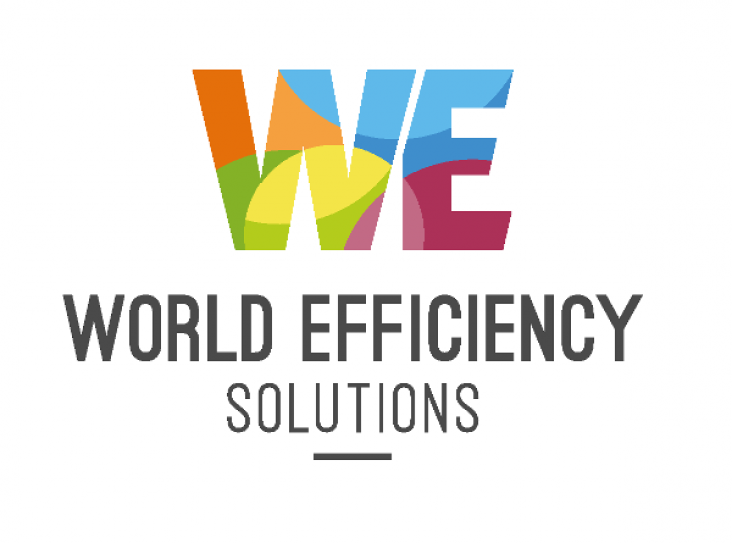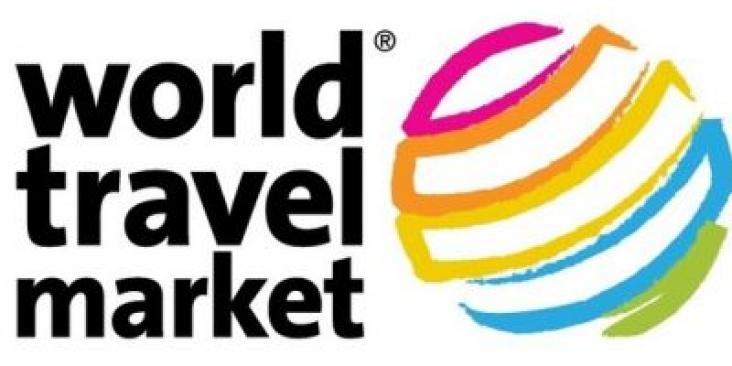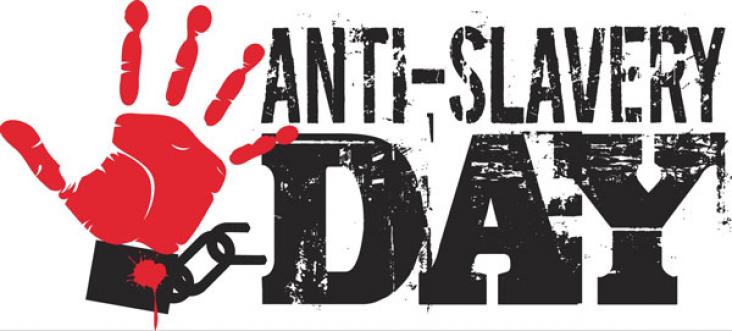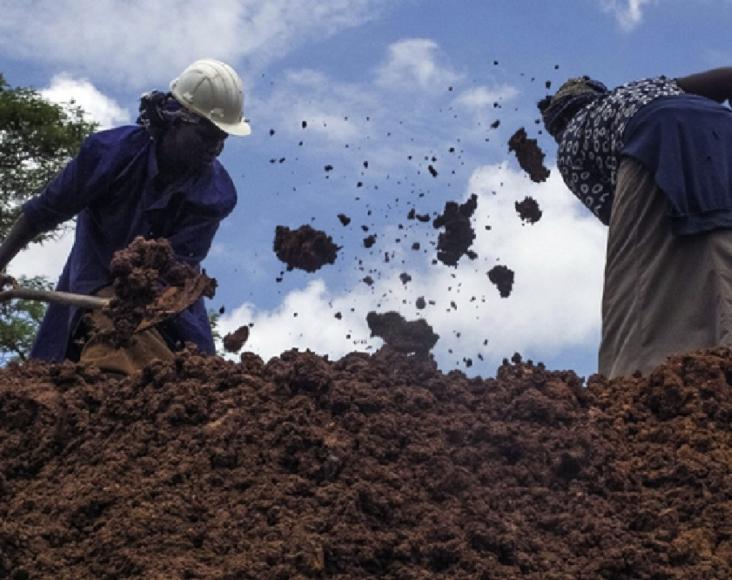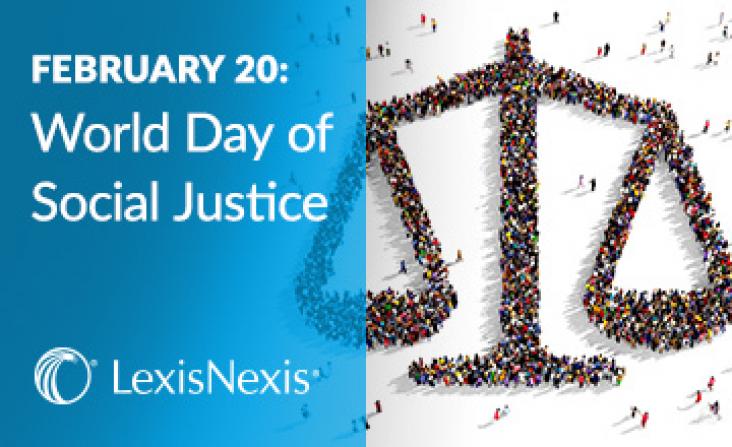

World Future Energy Summit is the world’s leading business event for future energy and sustainability, showcasing pioneering technologies and ground-breaking thinking in energy, energy efficiency, water, solar, waste, smart cities, climate and the environment. As a global hub for business, innovation and knowledge exchange, World Future Energy Summit inspires the advancement and transfer of ideas, technology and investment across borders and between the public and private sectors worldwide, helping stimulate sustainable growth for all.
Partner content
United Nations Global Compact